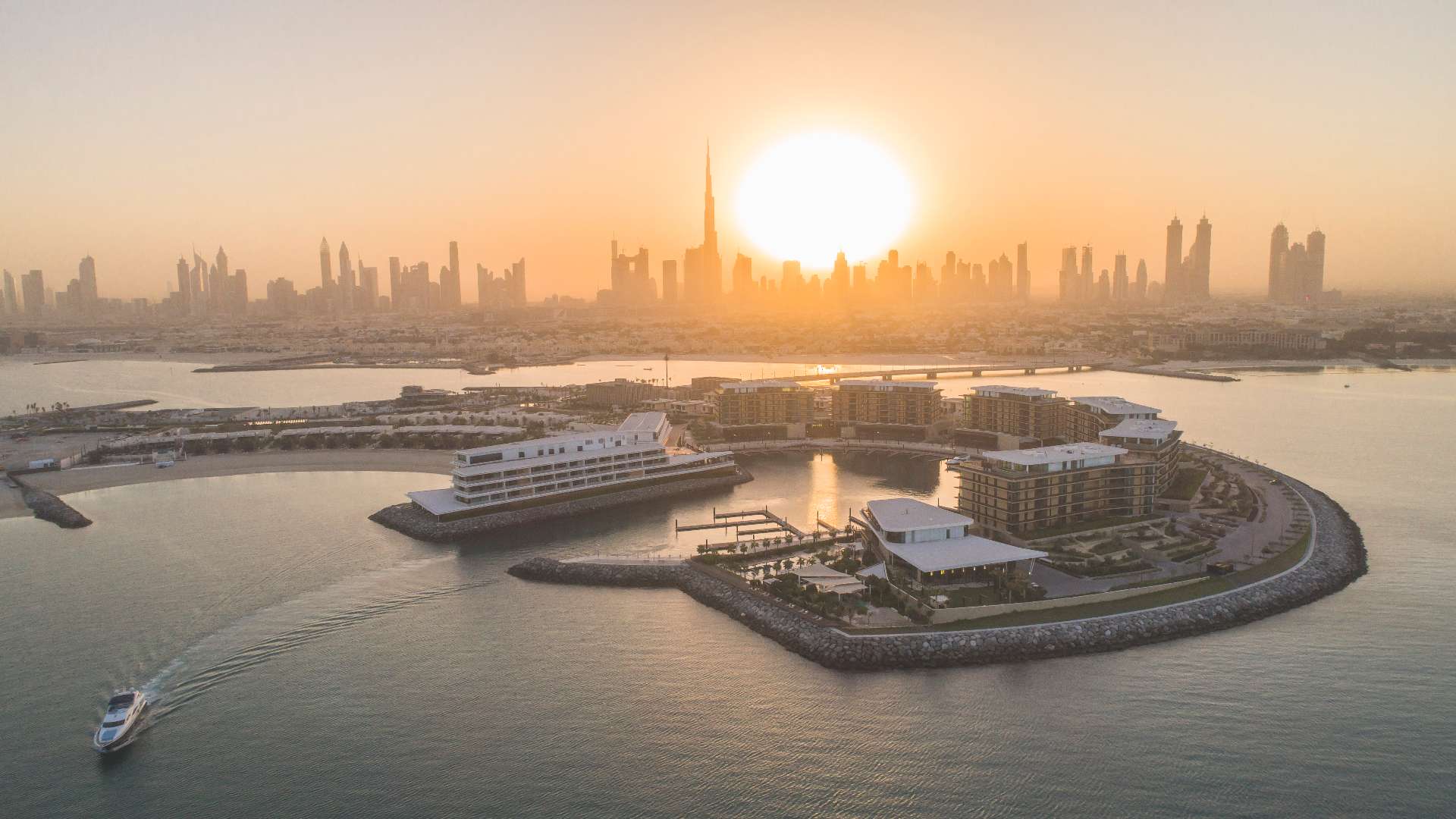
Understanding the true essence of luxury, particularly in real estate, becomes crucial in an era where the term 'luxury' is liberally sprinkled across various sectors. The word itself conjures images of opulence, exclusivity, and unparalleled quality. However, in a saturated market where almost every offering is labeled as luxury, discerning the genuine attributes that elevate a property to this coveted status is imperative. This article aims to delve into what truly defines a luxury property, distinguishing it from the standard upscale offerings and examining the fine line between high-end and true luxury in real estate.
- Location: Prime locations are often synonymous with luxury. Properties in prestigious areas, offering exceptional views or unique geographical benefits, typically qualify as luxury.
-
Price: While not the only indicator, price is a significant factor. Luxury properties are usually priced within the top 10% of the market, reflecting their exclusivity and high demand.
Luxury properties are those priced within the top 10% of the market, offering high-end features and exclusive amenities that differentiate them from standard offerings.
Ultra Luxury properties constitute the top 5% of that 10% (or the top 0.5% of the overall market). These properties are often even more exceptional, featuring premium locations, superior craftsmanship, and amenities that provide unparalleled luxury and privacy.
- Size and Layout: Luxury properties expect to have larger living spaces with expansive layouts, high ceilings, and spacious balconies or terraces. The design should provide an exceptional level of comfort and privacy.
-
Quality of Construction and Finishes: High-end materials, exceptional craftsmanship, and attention to detail in the construction and finishes mark a property as luxury. This includes premium flooring, countertops, fittings, and state-of-the-art appliances.
- Amenities and Features: Luxury properties often come with exclusive amenities such as private pools, landscaped gardens, gyms, spas, concierge services, and advanced home automation systems. These features provide comfort and convenience that go beyond the basics.
-
Architecture and Design: Iconic or cutting-edge architectural design is a hallmark of luxury properties. Aesthetic appeal and a unique design ethos can differentiate a luxury property from others.
- Exclusivity and Privacy: Properties offering a high degree of privacy, such as Bulgari, with gated communities or buildings with limited residences, are often considered luxury. The sense of exclusivity is a key driver.
- Market Perception and Brand: The reputation of the developer or the brand associated with the property can also define its luxury status. Developers known for high-end properties often bolster a property’s luxury status.
This multifaceted approach that combines both qualitative and quantitative factors is essential:
- Comprehensive Evaluation: Luxury is not solely about price but also about the quality, exclusivity, and unique features of a property. A property could be in the top 5% in terms of price due to its size or location but might lack high-end finishes, privacy, or the luxurious amenities expected in a luxury property.
-
Market Expectations: Buyers in the luxury market have specific expectations regarding design, amenities, and services. A property priced in the top 5% but lacking in these areas might not meet buyer expectations, which could impact its marketability and perceived value.
- Brand and Prestige: The association with a renowned developer, such as Omniyat, known for luxury developments or a prestigious address adds to a property’s luxury status, which isn't always reflected in price alone.
-
Cultural and Contextual Factors: In a market like Dubai, where high standards are commonplace, distinguishing between high-end and true luxury properties requires more than a simple price cutoff. Cultural and lifestyle factors play significant roles.
In conclusion, defining luxury in the real estate sector is more than just attaching a hefty price tag or situating a property in a prime location. It is a multifaceted concept influenced by various factors, including design, quality, exclusivity, and cultural significance.
Why Invest in the Luxury Property Market?
- Resilient Demand: Luxury property buyers prioritize status over price. Their purchasing decisions are less affected by market fluctuations, and even during downturns, they remain willing to pay premium prices.
- Financial Independence: Owners of ultra-luxury properties typically do not need to sell for financial reasons, making them less likely to accept lower offers, ensuring price stability in this market segment.
As we have explored, true luxury transcends basic aesthetics and functionality, embodying a lifestyle and status that meets the exacting standards of a discerning clientele. Understanding these nuanced elements is essential for buyers and developers to ensure that what is marketed as luxury truly stands up to the highest standards of what that term promises.
At fäm Properties, we specialize in curating and offering exceptional luxury real estate that goes beyond just a prime location or high price tag. Our portfolio features exquisite residences that embody unparalleled design, exclusivity, and world-class amenities.
Whether you're seeking a prestigious investment or a dream home, our expert team is here to guide you through Dubai’s finest luxury real estate market.
Explore our exclusive listings today.